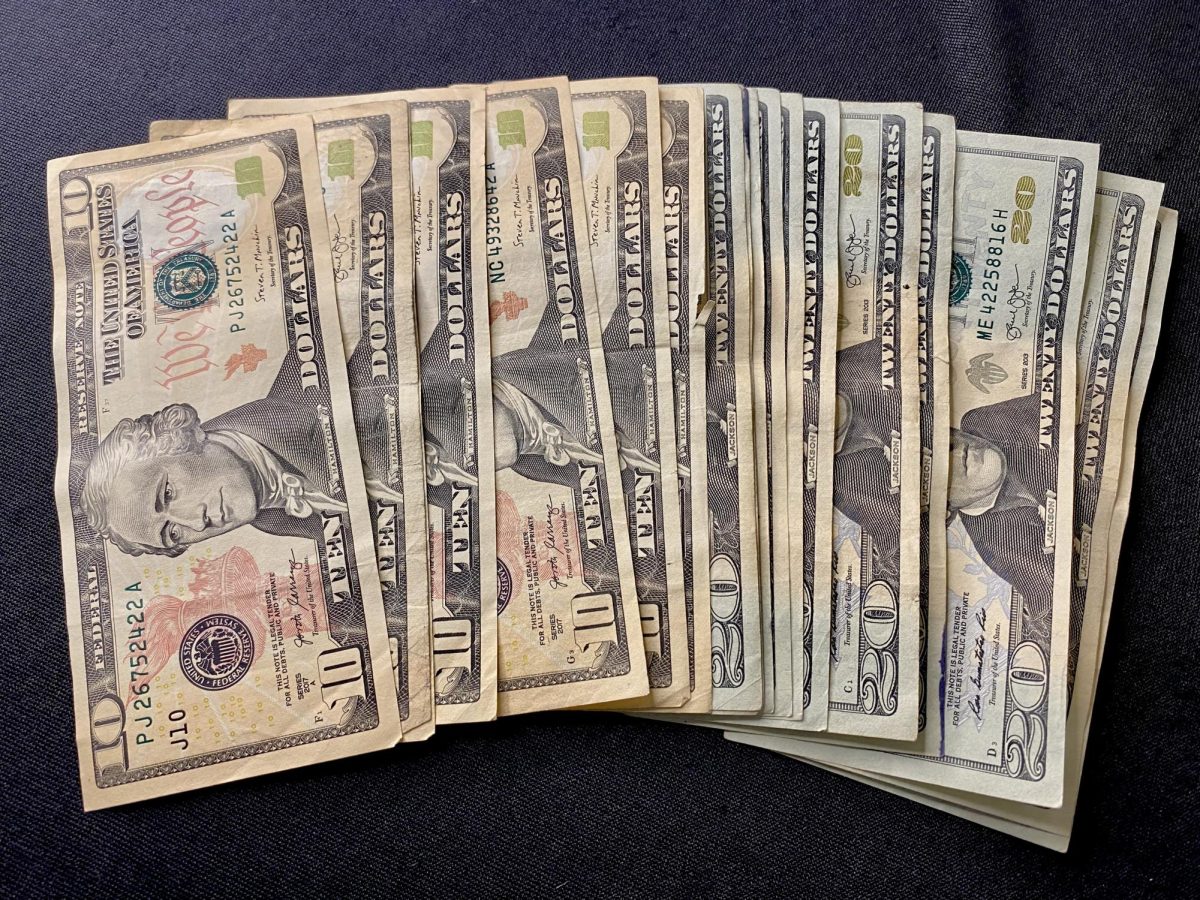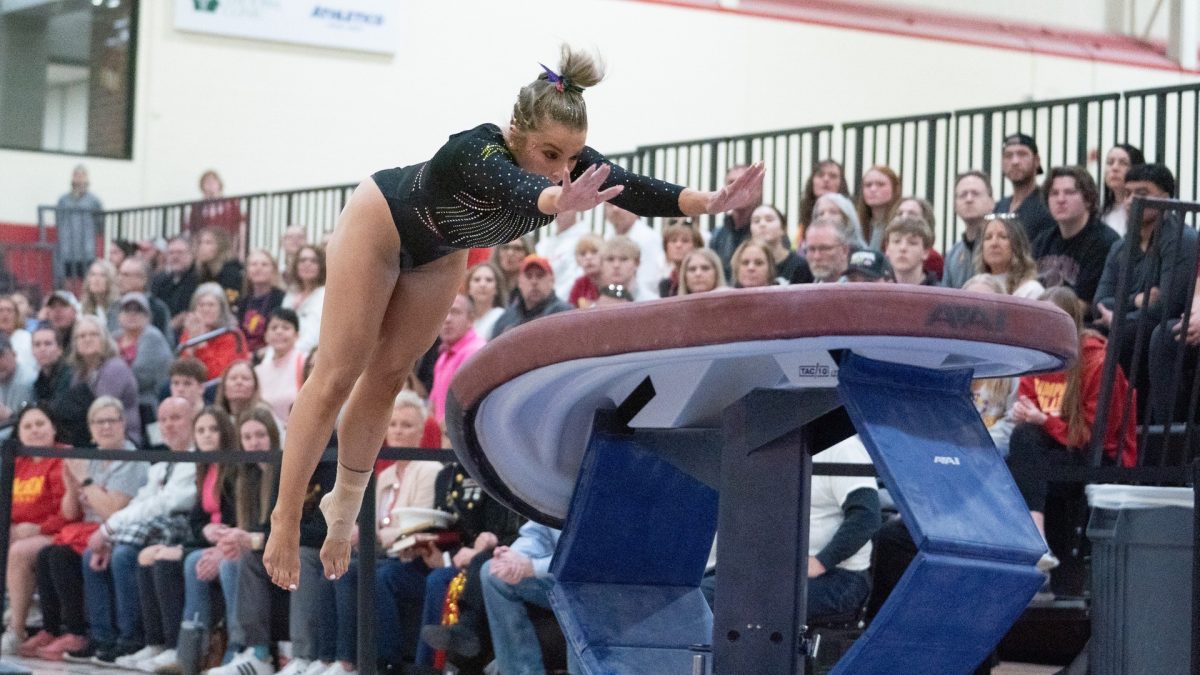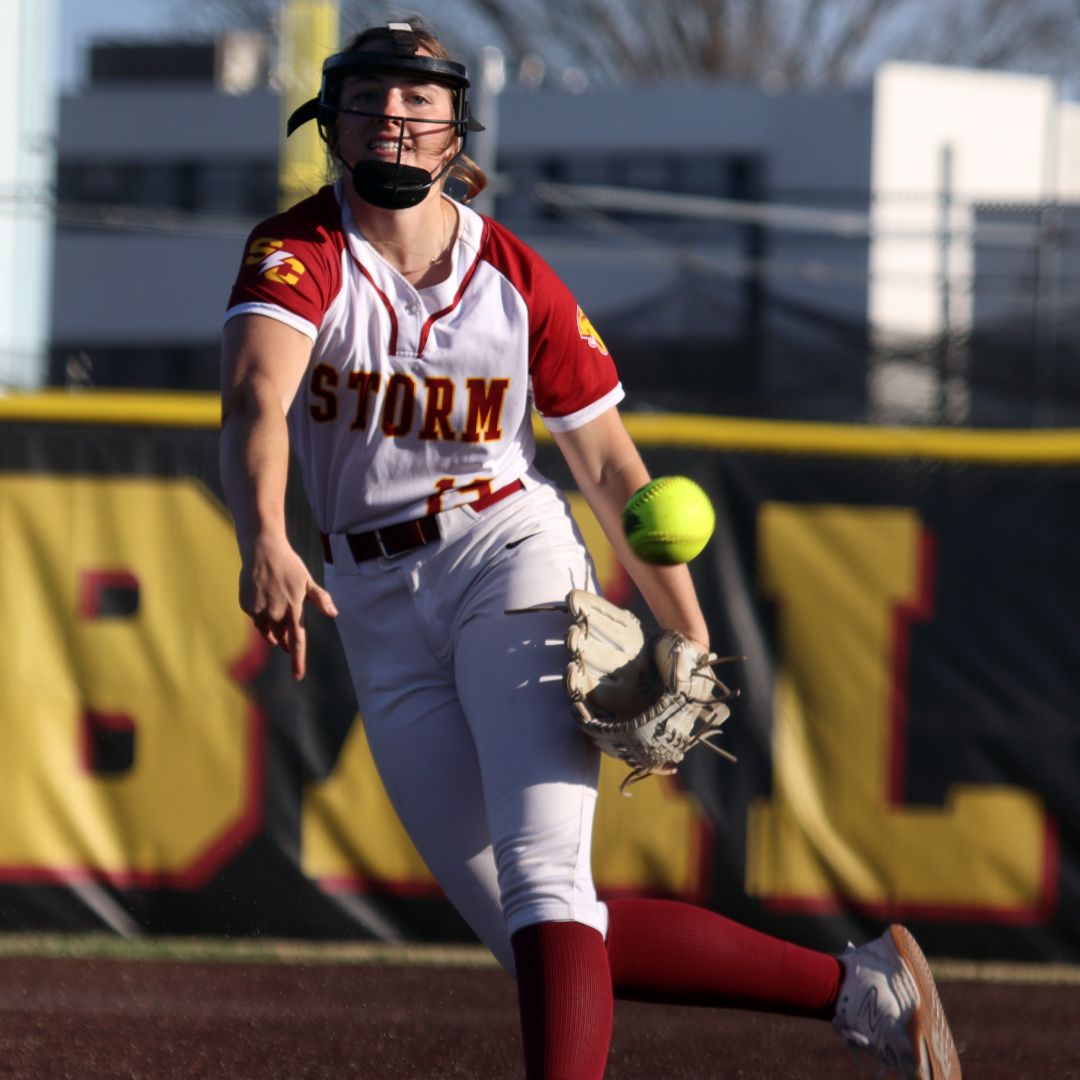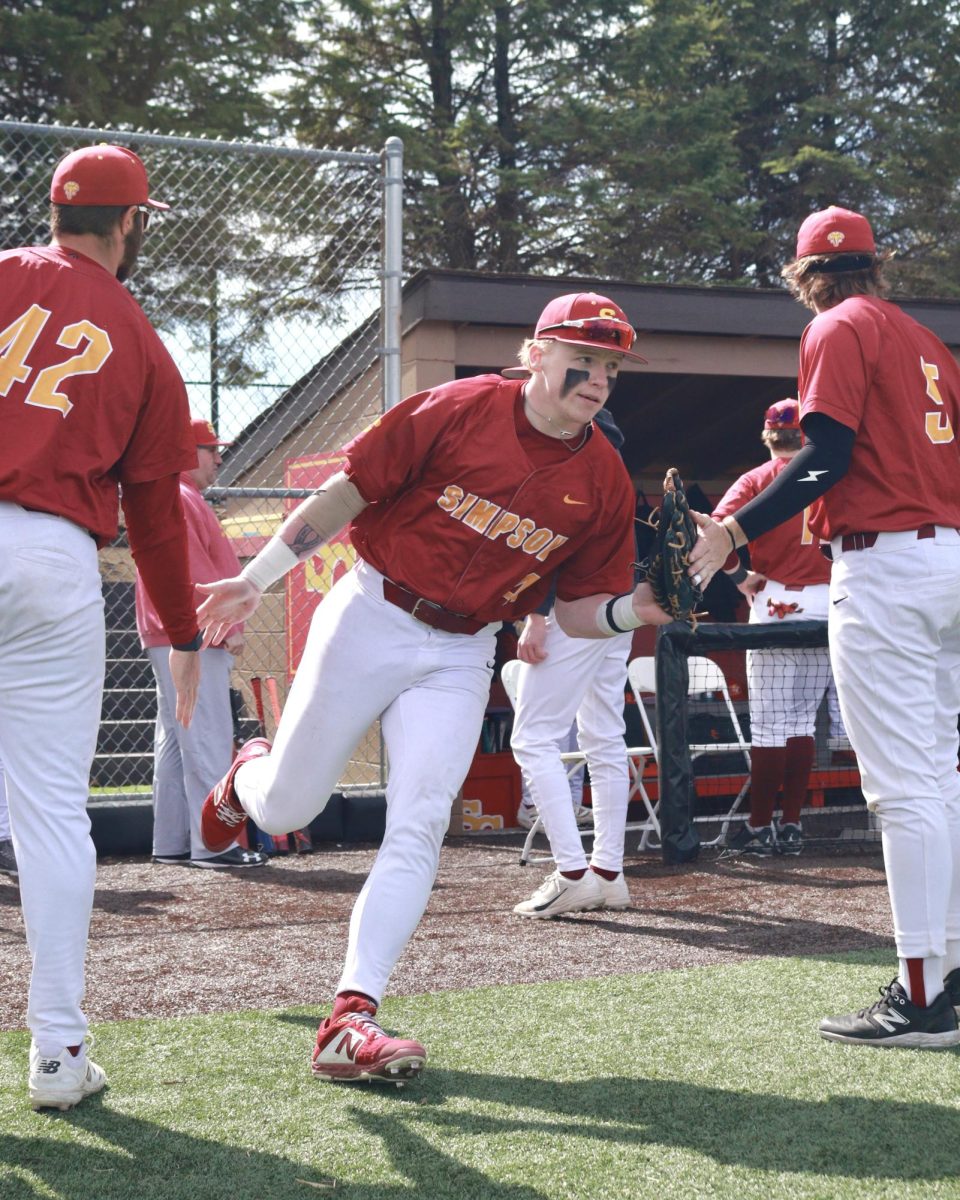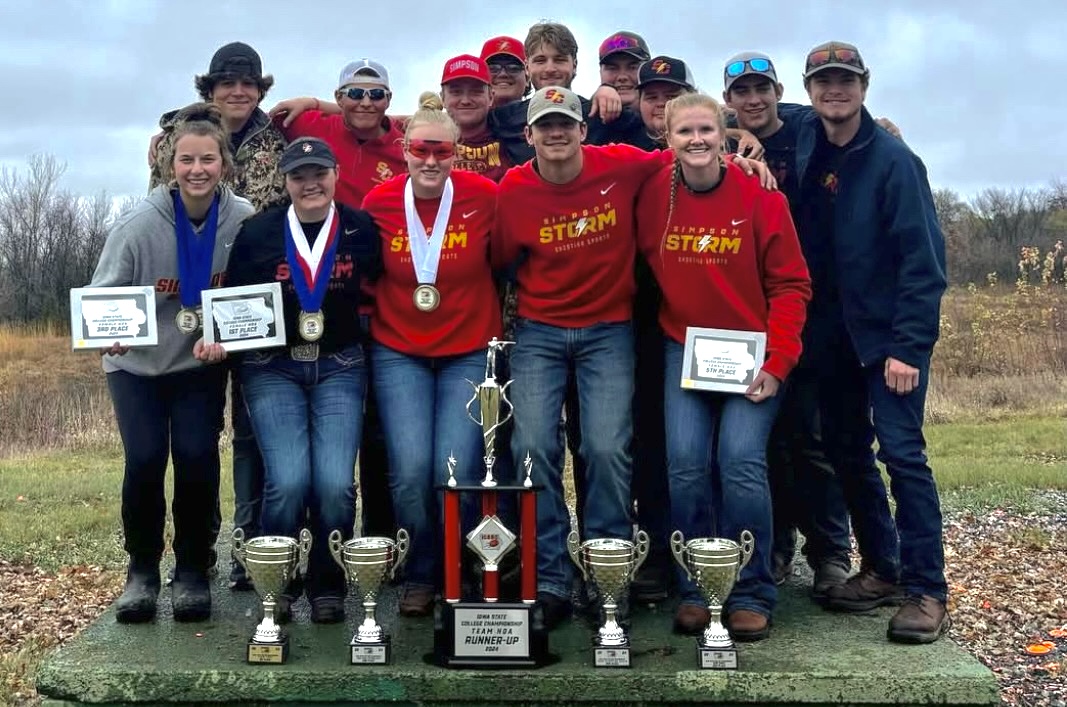Within the past month, many student-athletes on the University of Iowa (Iowa) and Iowa State University (ISU) football teams have been investigated for sports betting. Due to the situation, ISU lost their redshirt junior quarterback Hunter Dekkers and redshirt junior running back Jirehl Brock, among other players.
Dekkers is said to have used an account that made over 300 bets, totaling over $2,700. On Thursday, August 31, Dekkers, linemen Jacob Remsberg and Dodge Sauser and Iowa kicker Aaron Blom accepted plea deals for their involvement in the case. All four players will individually pay $645 for underage gambling – in exchange for no more charges in the betting scandal.
And it’s not just football players involved. Many other student-athletes in different sports have placed bets on games they were involved in. Both schools combined have more than 20 players and staff being charged with sports betting allegations.
The NCAA states, “Student-athletes who engage in activities to influence the outcomes of their own games or knowingly provide information to individuals involved in sports betting activities will potentially face permanent loss of collegiate eligibility in all sports. This would also apply to student-athletes who wager on their own games or on other sports at their own schools.”
If a student-athlete wagers on their own sport at another school, education on sports wagering rules and prevention will be required as a condition of reinstatement, and the loss of 50% of one season of eligibility will be considered, which could potentially hurt their program if the student were convicted.
This rule goes for all divisions in the NCAA, including Division III schools like Simpson, which follows the NCAA’s bylaws for situations like these.
The Iowa sports betting law section 99F.7A, number 4 says, “a licensee issued to conduct sports wagering under this section shall employ reasonable steps to prohibit coaches, athletic trainers, officials, players, or other individuals who participate in an authorized sporting event or sports-related event that is the subject of sports wagering.” This law went into effect in 2019.
Sports betting has made a lot of money for the state of Iowa. Since this law was signed, so far $31,200,582 in tax dollars have gone to the state with sports betting. That money can go a long way in helping our communities thrive.
If you or someone you know has a gambling addiction you can call 1-800-BETS OFF or visit yourlifeiowa.org/gambling for solutions.



